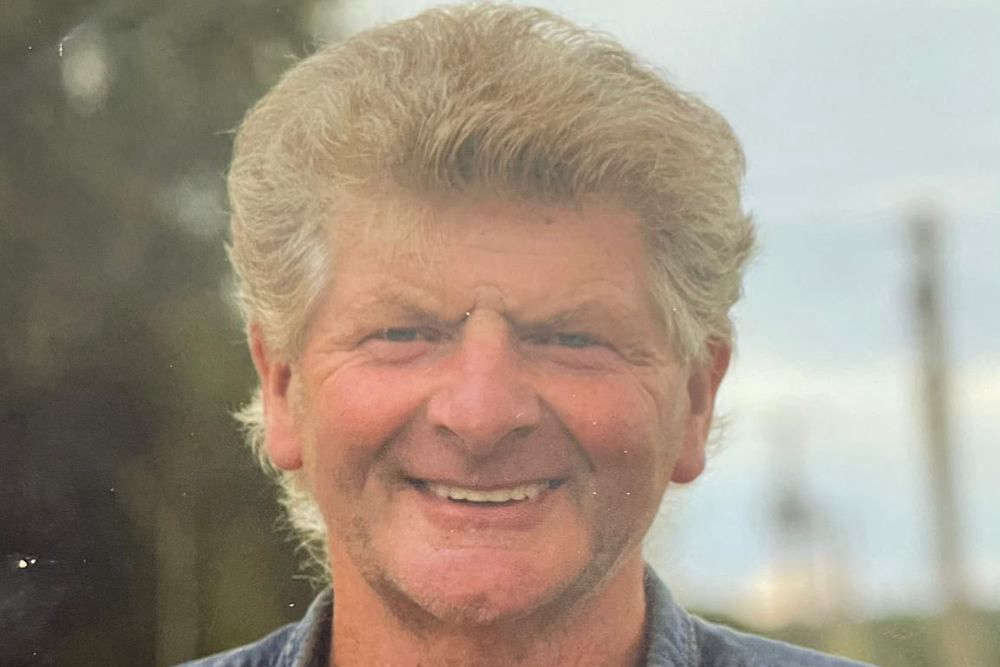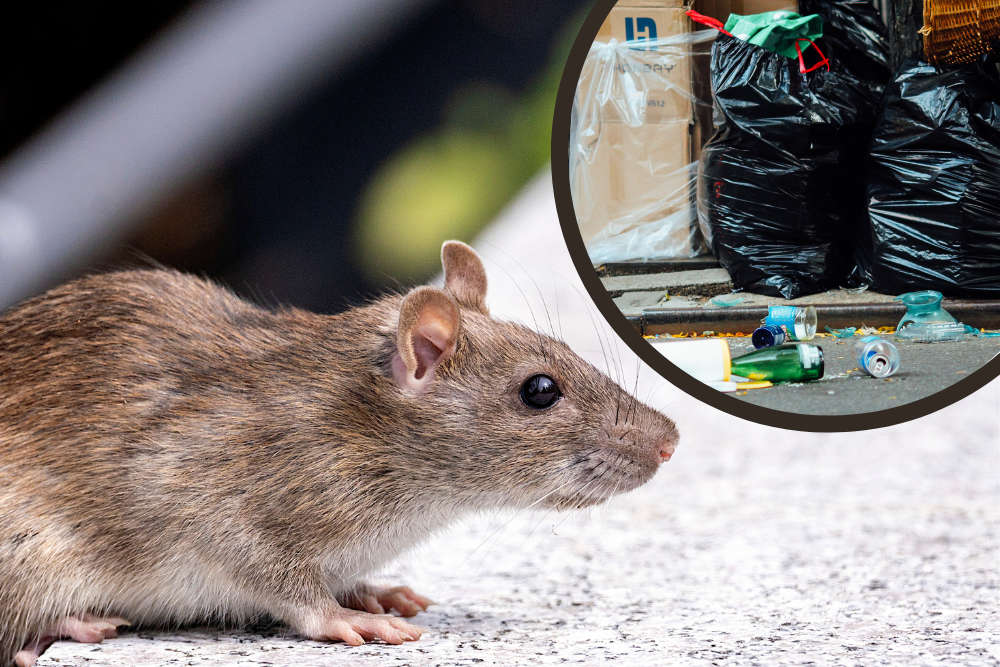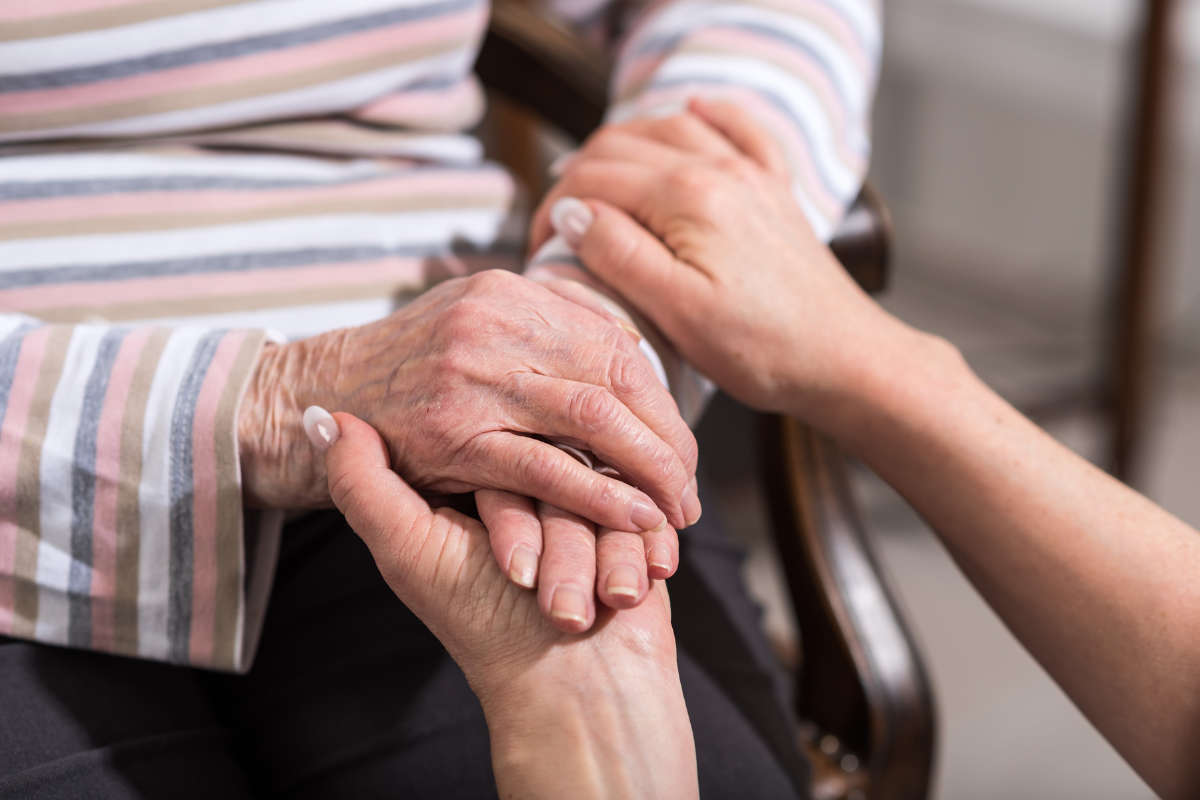
He was also charged for making threats to kill and smearing his garda cell with blood.
A widower who harassed a woman he met on a dating site has avoided a jail term for this, making threats to kill and smearing his garda cell with blood.
Peter McCormack (59) of Ballinakill, Moate, Co Westmeath pleaded guilty at Dublin Circuit Criminal Court to harassing Mary Farrell between March and September 2020, and making threats to kill and criminal damage of a cell in the garda station on September 9, 2020.
At a sentence hearing last July, Garda Aishling Conroy told Gerardine Small BL, prosecuting, that Ms Farrell met McCormack on the dating site Plenty of Fish, and began a romantic relationship lasting a number of months, which she ended in December 2019.
When McCormack got back in touch in February of the following year, she told him they were “just friends” – and she thought he had accepted this.
But soon after an anonymous letter arrived to the bank where she worked, with a copy of Ms Farrell’s Plenty of Fish profile and the message: “She wouldn’t give me a loan.”
Her manager reported it to security, thinking it was a disgruntled customer – but Ms Farrell recognised McCormack’s handwriting.
Gda Conroy said McCormack left numerous voicemails over the following months, some including the sound of him talking, others with the radio playing, and others where there was silence. He also turned up outside her house, left an Easter egg to her workplace, and put a cheque for a thousand euro into her letterbox. She didn’t cash it.
She also found a blank check signed by McCormack attached to her car after work one day.
The court heard the harassment reduced during the first phase of pandemic restrictions, but in August 2020 he turned up at her house when she arrived home from work and pulled into her driveway.
Throughout that month and into September, he approached her at home or on the street, had flowers delivered to her work, and rang her repeatedly.
Ms Farrell first told gardaí of her concerns on August 23, but the harassment continued until McCormack was ultimately arrested at his home on September 9, 2020.
Gda Conroy told Ms Small at the sentence hearing last July that McCormack was “uncooperative and aggressive” at the garda station and told the officers he was suicidal and told them they should notify the coroner of his impending death.
When he was brought to the garda station, he threw himself head first into the station door and began headbutting it, and did the same to the Perspex glass in the custody area.
McCormack then told officers “things were not going to end well for Mary,” Ms Small said. “She had gotten him arrested and it was not going to end well for her. He needed to be locked up to prevent things not ending well for her.”
Garda Conroy confirmed the threats and said she took them seriously.
McCormack began rubbing his wrists along the edge of his bunk in his cell, with the friction breaking the skin and causing him to bleed. He then daubed blood on himself and the cell wall, and he was handcuffed to stop him doing it.
Garda Conroy said he then started spitting on gardaí.
Morgan Shelley BL, defending, said his client had trained as a mechanic and ran his own motor towing and recovery business before retiring to care for his wife before she passed away in 2018. He has three adult children, aged in their twenties and early thirties. He is not working at present.
Garda Conroy confirmed to him that McCormack had not come to the attention of gardaí before or since.
The offences were “totally out of character for my client, who seems to have suffered with mental health difficulties compounded by his wife’s death from a lengthy illness with multiple sclerosis,” Mr Shelley said.
He submitted a psychological report which suggested McCormack had some symptoms consistent with “dependent personality disorder”, and that he had been sent for treatment at St John of God’s Hospital in October and November last year.
“It is perhaps not a coincidence that the behaviour started on the 21st of March, shortly before his wife’s anniversary.”
“This was erratic behaviour fuelled by his underlying personality weakness and a feeling of rejection. He didn’t perceive that he was causing harm,” he said.
He said the brief time McCormack had witnessed “lots of violence” during his brief stay in prison while he was remanded in custody, and that it had been “eye-opening”.
Judge Elma Sheahan acknowledged that while there was no victim impact statement before the court, Gda Conroy had indicated that the woman had experienced very real fear and was disturbed by McCormack’s behaviour.
She accepted that McCormack was previously of good character and a productive member of society.
Judge Sheahan noted from various medical reports before the court, including from his treating psychiatrist, that McCormack had a pre-existing depressive disorder which was exasperated by the death of his wife in 2018.
The reports concluded that McCormack has been taking his medication and engaging with his recommended therapies and has since gained insights into his behaviour, expressing his remorse to the victim and gardaí.
Judge Sheahan imposed concurrent sentences totally two years and eight months, but suspended them in full for five years and six months. She said she was suspending the sentence for a significant length of time in order to ensure the protection of the victim.
The sentence was suspended on various conditions including that McCormack not make any contact with the victim by any means either by messaging, calls or going to her home or work place.
McCormack must also continue to attend his GP and psychiatrist and take his medication and attend for therapy as directed by his treating doctors.
Judge Sheahan warned McCormack that “even a text” could lead to a breach of the conditions of the suspended sentence and thereby led to the imposition of the sentence. She also advised that he give permission to his GP and psychiatrist to alert the gardaí if he fails to comply with the treatment as recommended.


 Inquest Hears Cause Of Death Of Offaly Farmer Can't Be Determined Due To Embalming
Inquest Hears Cause Of Death Of Offaly Farmer Can't Be Determined Due To Embalming
 Over €30,000 Allocated To Over 80 Sports Clubs Across Westmeath
Over €30,000 Allocated To Over 80 Sports Clubs Across Westmeath
 Gardai Seize Car In Laois With No Gear Stick
Gardai Seize Car In Laois With No Gear Stick
 Numbers of Ukrainians Arriving In Westmeath Slows In Past Year
Numbers of Ukrainians Arriving In Westmeath Slows In Past Year
 Westmeath Band Announce Tour Dates
Westmeath Band Announce Tour Dates
 Laois TD Wants Lambing Season Legislation
Laois TD Wants Lambing Season Legislation
 Laois County Council To Pay €40k To Solve Rat Infestation
Laois County Council To Pay €40k To Solve Rat Infestation
 Rise In Drink Driving In Midlands
Rise In Drink Driving In Midlands
 Westmeath Drive-Thru Gets Green Light
Westmeath Drive-Thru Gets Green Light
 Laois Man Who Died In Workplace Accident To Be Laid To Rest Monday
Laois Man Who Died In Workplace Accident To Be Laid To Rest Monday
 Uncertainty On Incoming US Pharma Tariffs A 'Killer'
Uncertainty On Incoming US Pharma Tariffs A 'Killer'
 EU Commission President Should Resign If No Air Traffic Reform Passed - Ryanair
EU Commission President Should Resign If No Air Traffic Reform Passed - Ryanair
 Permission Granted But Where's The Progress? - Brian Stanley
Permission Granted But Where's The Progress? - Brian Stanley
 Midlands Weekend Festival Guide
Midlands Weekend Festival Guide
 "A Gentleman" - Tributes Paid To Laois Man Killed In Workplace Accident
"A Gentleman" - Tributes Paid To Laois Man Killed In Workplace Accident
 Westmeath Customers Facing Water Supply Disruption
Westmeath Customers Facing Water Supply Disruption
 Fifteen Private Clinics Operating In Public Hospitals In Laois And Westmeath
Fifteen Private Clinics Operating In Public Hospitals In Laois And Westmeath
 Inquest Hears Ventilating Laois Baby In First 11 Minutes After Delivery Not A Factor In His Death
Inquest Hears Ventilating Laois Baby In First 11 Minutes After Delivery Not A Factor In His Death
 Carers Push To Be Heard In Next Budget
Carers Push To Be Heard In Next Budget
 New Late Night Cafe Scheme Set To Launch In Laois
New Late Night Cafe Scheme Set To Launch In Laois